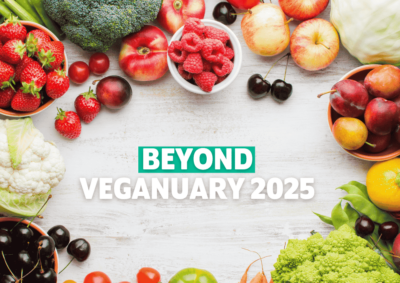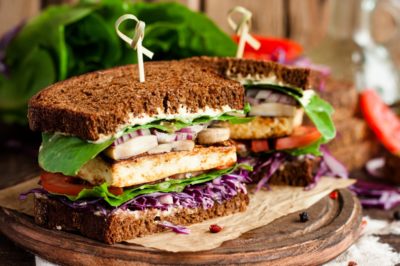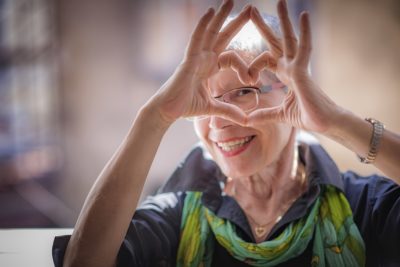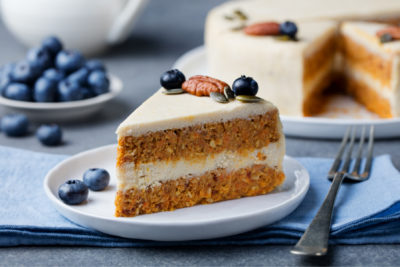Have you ever noticed a child in a buggy being wheeled past a cat or a dog in the street? Invariably, he or she will point, laugh, and twist around in order to catch a better view. Children are enchanted by animals, and their books, television and films reflect their fascination. Because it is so strange for children to dislike animals and to be indifferent to their suffering, children who are cruel to animals are flagged up by the FBI as possible future abusers of people. Research has shown a clear link between harming animals and harming people.
So, do you really dislike animals so much that you could stand by and see one being deliberately hurt?
The vast majority of people in the UK oppose hunting with hounds. Similarly, bullfighting in Spain and the use of wild animals in circuses in the US. Most people do care about animals, even if they say they don’t.
And we are still more likely to show our compassionate side to our best friends: the animals with whom we share our sofas, beds and secrets. We would defend them against someone wishing to harm them as vigorously as if they were a human. And all it takes is for us to see that the dog we love, or the fox we hope gets away is no different from the pig in the crate or the chicken in the cage. Their lives are as important to them as yours is to you.
But, here is a secret. Not all vegans love animals. Some choose not to share their home with a fluff monster and they don’t get all gooey watching documentaries on meerkats or sea otters. They are vegan because they recognise that animals have as much right to a space on this planet as we do, and as much right to live, feed and raise their young.
And some people are vegan, not for the sake of animals, but because it’s better for their health, for the planet, to protect natural resources, stop damaging climate change and to feed the world’s hungry.
You don’t have to be an animal-lover to be vegan. But the chances are, you are.








